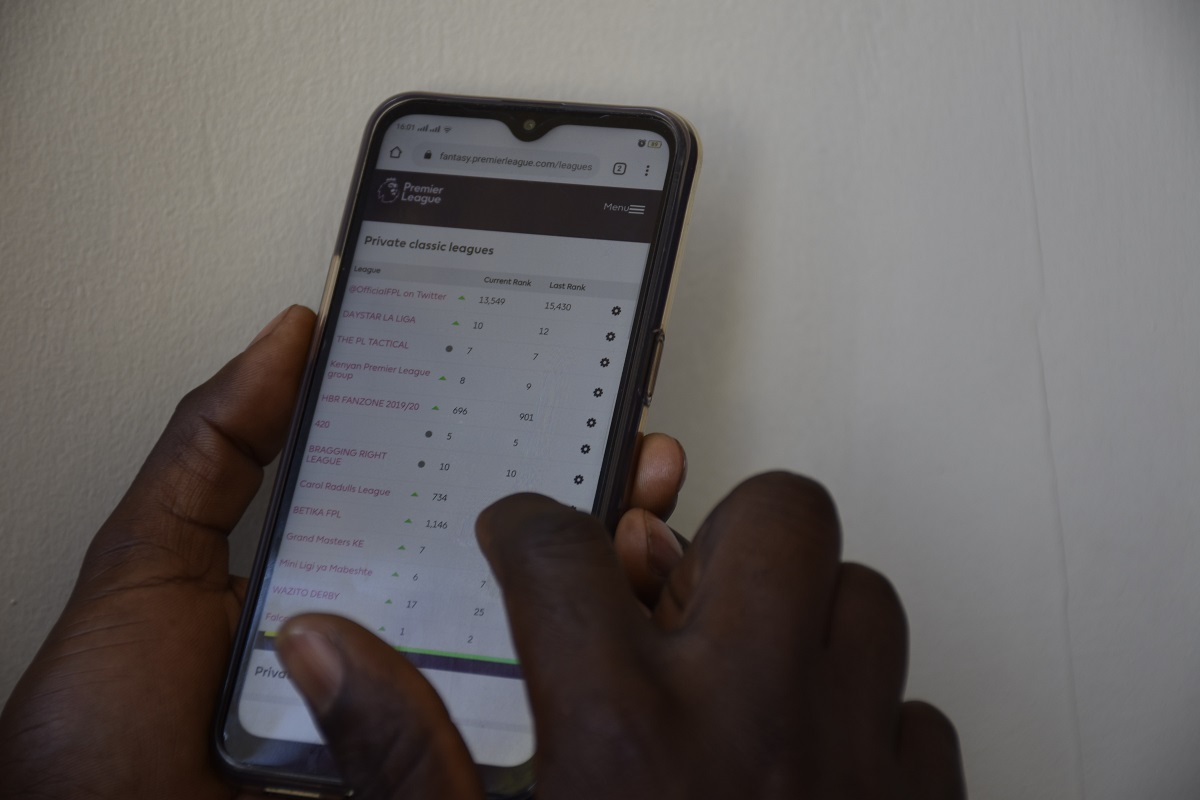Kenyans are choosing mobile phone operators based on value for money rather than brands and what they are offering.
In a report by Deloitte, consumers in Kenya are going for price-driven shopping over network reliability and the need for speed.
As the quality and speed of mobile connectivity increases in Kenya, the report says that users are increasingly focusing on affordable offering.
Value for money
When it comes to customer retention, the Global Mobile Consumer Survey report shows that in Kenya, value for money for access to data and the internet trumps everything.
“As consumers become more data-hungry, operators are likely to face pressures to reduce the price of data to remain price competitive.”
Consumers also want a reliable service with good coverage geographically while the internet speed on the network of choice should be high. This is regardless of the fact that higher speeds come with faster data consumption.
The 5G network which is being piloted in some countries allows a subscriber to download an HD movie in 10 seconds in comparison to the 10 minutes taken if the download is on 4G.
It remains a challenge for the operators and other industry players on how to balance consumers need for speed versus the lower data prices.
For services like YouTube, their default video resolution on mobile is set at 480p and the user is required to change their resolution to 1080p and higher on their own.
Airtel has run a campaign dubbed #GetWhatYouPayFor as the battle for transparency heats up.
This hot topic of discussion has led to the likes of M-Pesa showing their users the cost of every M-Pesa transaction before and after sending money.
Safaricom has bowed to pressure and started selling data bundles and airtime that do not expire in a major win for customers. The move helped Safaricom dodge a court case challenging the expiry of data and airtime.
Content is king
With the internet continuing to disrupt distribution and consumption channels for media, the bigger challenge comes with the provision of good quality content.
“With better networks, coverage, and advanced technologies (4G/LTE) the data consumption across the globe has risen, Kenya notwithstanding.”
The report released in September says that the majority of respondents across all age groups exceed their monthly data allowance “often” by watching videos, with the most popular data plan being 500 MB to 5 GB.
And, with the smartphones and smart devices being an integral part of life across all age groups, more and more innovations are coming up to address the demand for content.
“As we demand entertainment, knowledge and instant connection at an increasing pace, we will continue to explore and embrace this life-enhancing journey,” the report adds.
Short videos, games and news are the most popular content-related activities across all age groups surveyed.
Ages 35 to 45 prefer to spend more time on short videos and news while ages 16 to 35 are more likely to spend their time on short videos and games.
Personal data abuse
The report shows that Kenyan users are both concerned and highly unaware of the potential privacy challenges in the digital world.
With this, “businesses can look to monetize data further, to the benefit of users, but should strongly focus on building awareness and trust through simple and clear strategies that users can understand and support.”
In what could be a contentious issue in the future, consumers are unaware of what kinds of exposure they have online.
The report says that WhatsApp was quite popular among respondents, with 87% having used it daily.
“Even though using WhatsApp requires you to give your phone number as a unique identifier, only 51% of respondents believe they are sharing their phone number with companies online.”
The report adds that only 22%of respondents believe they are sharing their browsing activity.
This is despite the fact that they are using Facebook, Instagram and Twitter that are known for tracking users online behaviours and browsing habits.
Read >> Company That Sucks Sh680m from Kenyans Daily











Leave a comment